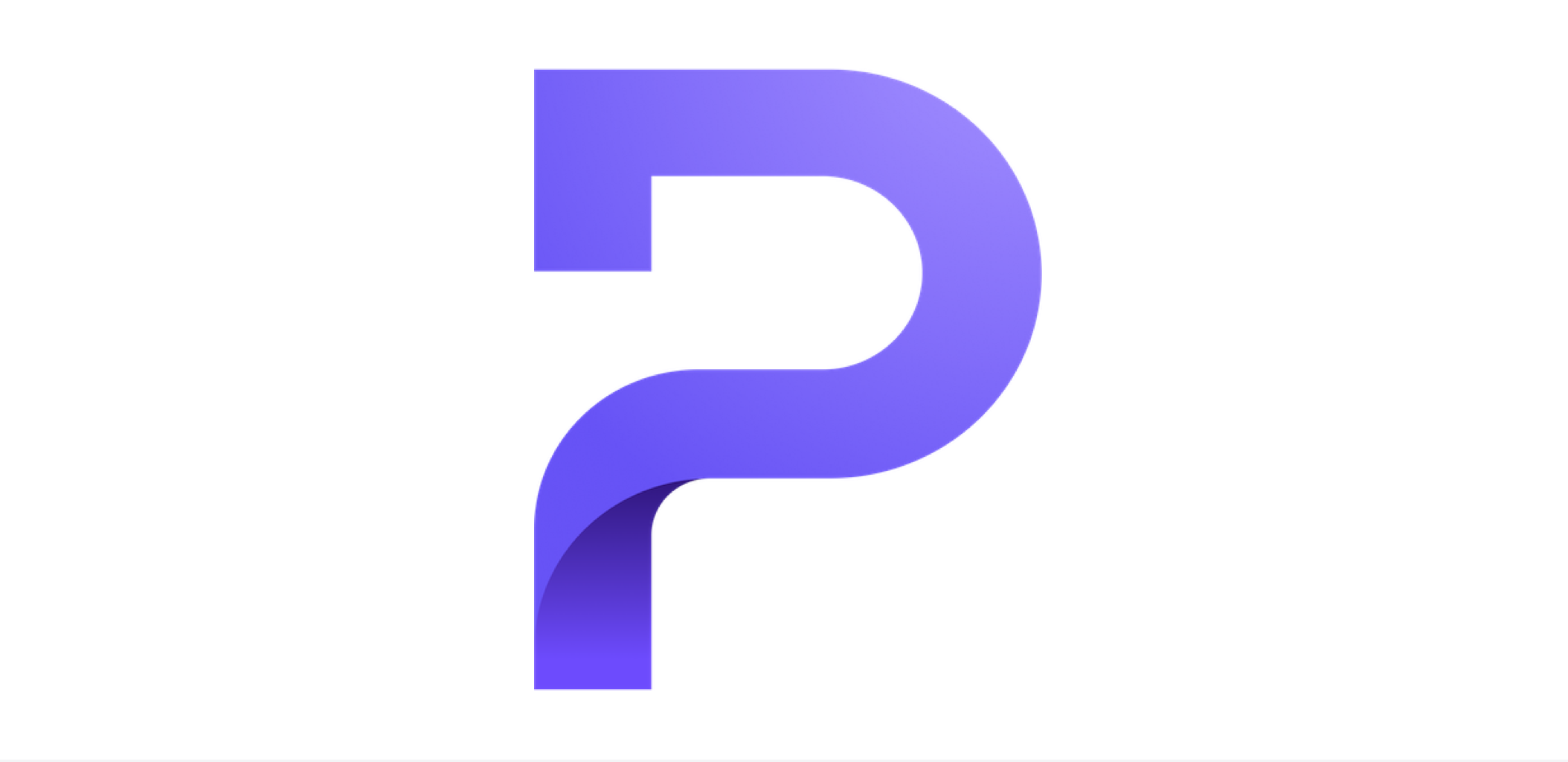UPDATE 11 October 2021: We are now using Let’s Encrypt(new window) as the Certificate Authority that verifies the SSL certificates used to secure the Proton Mail and Proton VPN web sites. For more information on this, and for instructions on how to check the validity of our certificate, please see Proton Mail’s TLS/SSL Certificate(new window).
On January 20th, 2016, Proton will be updating the SSL certificate for proton.me(new window).
With this update, we will also be changing our Certificate Authority to QuoVadis Trustlink Schweiz AG(new window). Along with the change in SSL certificate, we will also be moving the Proton Mail secure email service to a dedicated subdomain, mail.proton.me. We have also released Proton Mail 3.0 into beta. To learn more, please read our announcement post(new window).
These changes will be completely transparent to the user. It will still be possible to log in from our homepage which will stay at proton.me. The new SSL certificate will be automatically accepted by your browser. Proton Mail 3.0 will also be automatically loaded by your browser on page refresh. If you have bookmarks like proton.me/login, then you may wish to update them to account.proton.me/login.
These changes are part of our continued efforts to improve security sitewide in advance of the major Proton Mail releases that will be coming soon, starting at the end of this month(new window). Moving the webapp to its own subdomain will help to improve security by isolating the webmail from other services and is the first step of our bigger 2016 secure email roadmap.
We are happy to bring on QuoVadis Trustlink Schweiz AG as another partner in helping us provide the world’s most secure email service(new window). After much evaluation, our team determined that QuoVadis is the best Swiss Certificate Authority (CA) for high security applications. Like Proton Mail, QuoVadis Schweiz is a security company, and one of the approved issuers for SuisseID, the Swiss voluntary national e-ID program. They are a government qualified CSP(new window) in Switzerland, and an accredited CSP in the Netherlands and Belgium (with EU-wide capabilities). Lastly, they provide the responsive service that is absolutely necessary in the security space where response time is vital.
With QuoVadis, we are able to bring a highly sophisticated SSL certificate to benefit one million Proton Mail users. Advanced features of our new certificate include Extended Validation (EV)(new window), 4096-bit RSA, SHA-256 hash, and Certificate Transparency (CT)(new window). Together with QuoVadis, we will continue to stay on the cutting edge of SSL certificate technology to ensure the highest level of security for Proton Mail users.
In our discussions with QuoVadis, we discovered that some of them are also Proton Mail users and want to support us in protecting email communications. Given that many Proton Mail users are also businesses with high security needs, we have negotiated a 10% discount for all Proton Mail users who are interested in acquiring certificates from QuoVadis. Simply write to sales.ch@quovadisglobal.com from your Proton Mail account and mention the code *QVProtonPartner* to get the Proton Mail rate.














